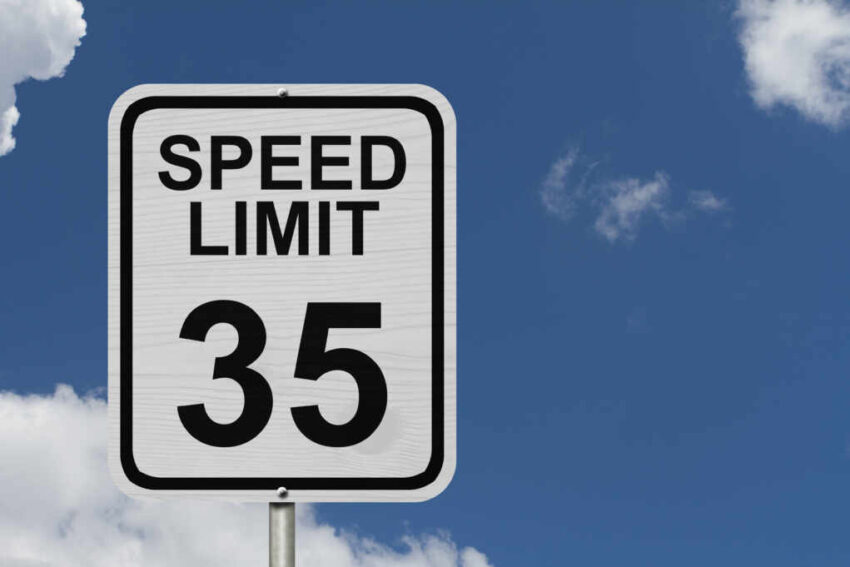A wealthy motorist in Switzerland is facing a speeding fine of over $110,000 under the country’s income-based penalty system for traffic violations.
At a Glance
- Swiss driver caught going 78 mph in a 35 mph zone
- Fine calculated based on income, reportedly over $110,000
- Switzerland uses “day-fine” model tied to daily income
- Vehicle: high-performance Ferrari or Lamborghini model
- Offense occurred in St. Gallen canton, eastern Switzerland
When Speed Costs Six Figures
A driver in Switzerland found out the hard way that traffic enforcement there takes both velocity and income into account. Authorities clocked the man traveling 78 mph in a 35 mph zone, triggering not just a standard fine but a massive income-adjusted penalty under Swiss law.
Watch now: Swiss driver fined $110,000 for speeding! · YouTube
The man, reportedly behind the wheel of a high-end sports car, was charged using the country’s “day-fine” system—where penalties are based on the offender’s daily income over a fixed period. In this case, the court determined the man’s financial situation justified a fine exceeding $110,000.
The Day-Fine System Explained
Unlike fixed fines common in many countries, Switzerland—and a few other European nations—calculates penalties using a formula tied to personal wealth. This approach aims to ensure that punishments have equivalent impact across income brackets.
For this offense, which exceeded double the posted limit in a residential zone, Swiss traffic code mandates both a temporary license suspension and a fine scaled to earnings. In some cases, these fines have surpassed even $1 million, with previous record-holders including Swedish and Finnish drivers.
Equality Through Proportional Pain
The principle behind the day-fine system is not simply to punish but to deter. Wealthier individuals may treat conventional fines as negligible inconveniences, so proportional penalties are designed to deliver equal consequences regardless of status.
Critics argue this can result in headline-grabbing sums that feel punitive rather than corrective. However, Swiss courts maintain that equalizing deterrence is the core goal. Public sentiment in Switzerland remains largely supportive, viewing these fines as both fair and effective.
Sources
Click this link for the original source of this article.
Author: Editor
This content is courtesy of, and owned and copyrighted by, https://thecongressionalinsider.com and its author. This content is made available by use of the public RSS feed offered by the host site and is used for educational purposes only. If you are the author or represent the host site and would like this content removed now and in the future, please contact USSANews.com using the email address in the Contact page found in the website menu.








